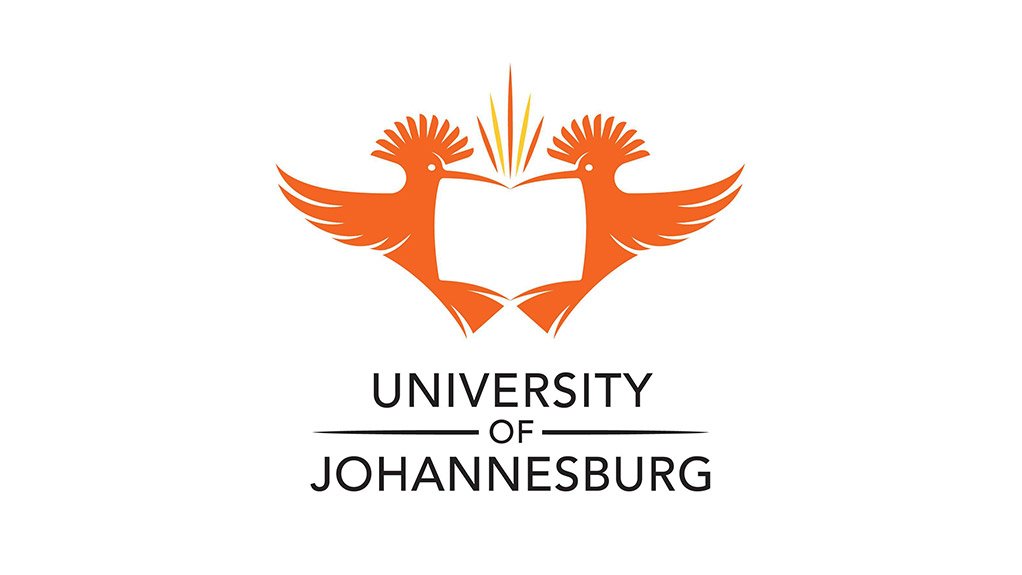/ MEDIA STATEMENT / The content on this page is not written by Polity.org.za, but is supplied by third parties. This content does not constitute news reporting by Polity.org.za.
A multidisciplinary team of engineers and healthcare practitioners at the University of Johannesburg (UJ), has taken a three-pronged approach towards support for critical care technology development in response to the COVID-19 crisis which is expected to peak between July and September this year in South Africa.
Responding to initial reports that between 40-70% of South Africans could get infected with Covid-19, depending on the national response to the crisis, the Faculty of Engineering and the Built Environment (FEBE) is coordinating efforts to further develop open-source ventilators, support repair and maintenance efforts to bring out of warranty equipment into service, and to make rapid prototyping facilities available to enable PPE manufacturing.
The latest reports indicate that South Africa has less than half the number of ventilators needed to deal with peak infections. It was reported by News 24 that the public healthcare system has 1 111 operational ventilators, with 2 105 operational in the private healthcare system. It is clear from the expected number of infections, that this will not suffice.
The team, led by UJ’s Dr Deon Sabatta and Dr Samson Masebinu, identified several simple, safe and scalable open-source designs that could meet the strict specifications for use with patients if futher developed and tested. By building on open source designs, the team has developed a minimal viable product with elements that can be produced through 3D printing and laser cutting techniques. These designs will support the development of the critical control systems that protect a patient supported by a ventilator.
Dr Sabatta, says: “Ventilators are complex medical devices, and it is more intricate than simply squeezing a bag. Our product includes devices such as, pressure sensors, flow sensors, and a number of control algorithms. It can, therefore, be set up to perform more advanced ventilation tasks such as Pressure Support Ventilation (PSV) or Synchronous Intermitent Mandatory Ventilation (SIMV). This is a step up in ventilation support, by being able to assist patients further when they are tiring from being on Continuous Positive Airway Pressure (CPAP) systems for extended periods of time.”
The UJ Process Energy and Environmental Technology Station (UJ-PEETS) is supporting efforts to identify decommissioned ventilators at public and private hospitals to bring out of service equipment back online, focussing their efforts on e-Waste reduction in a circular economy to support the medical engineering maintenance programmes at hospitals.
“Through our repair and maintenance undertaking, this assignment will build on the principles of circularity and create employment opportunities since there are large amounts of equipment that can be repaired and calibrated for reuse, especially beyond our borders in South Africa” explained Dr Masebinu. “There is no sector more critical at this moment than healthcare, which is why we are proud to play a role in helping to produce and revamp these critical life-saving devices.”
The COVID-19 crisis has highlighted the skills shortage in facility and technical equipment maintenance at health care facilities, not only in South Africa but on the continent. The UJ-PEETS team is gearing up to support and upskill SMEs in the clinical technical services sector to deliver on the 500% to 1000% growth in ventilator production needed globally to prevent unnecessary deaths due to the shortage.
The team at UJ invites industry partners, researchers and practitioners in the clinical technical services sector to join forces to fast track research and prototype development, support critical maintenance activities to ensure that the project can be scaled and replicated on the continent.
Issued by The University of Johannesburg
EMAIL THIS ARTICLE SAVE THIS ARTICLE ARTICLE ENQUIRY
To subscribe email subscriptions@creamermedia.co.za or click here
To advertise email advertising@creamermedia.co.za or click here











